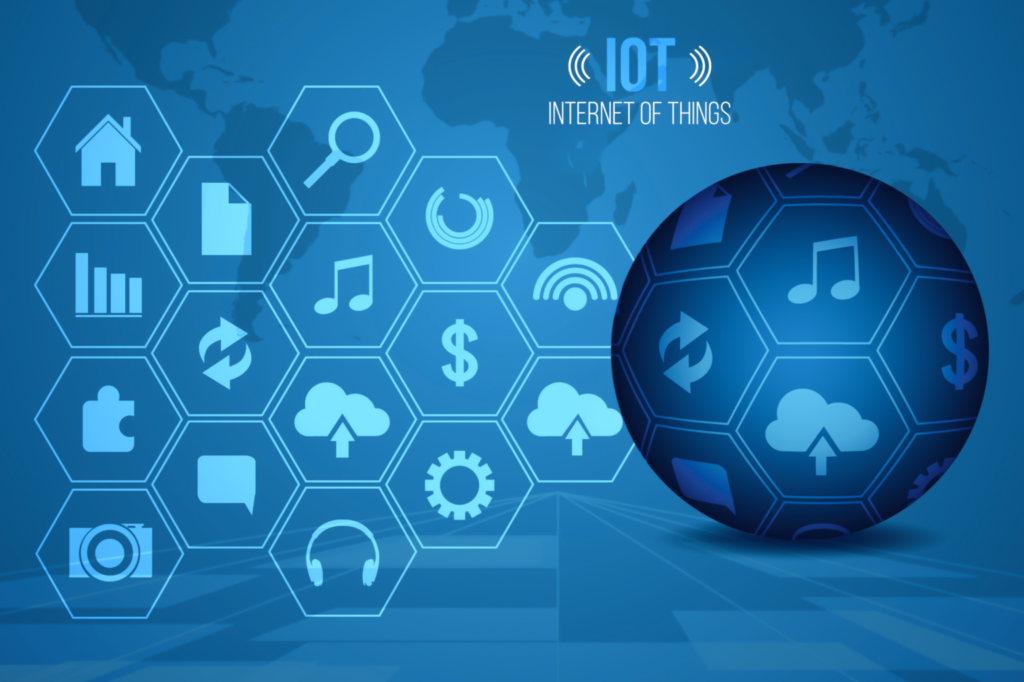The Transformative Power of IoT: Redefining Connectivity
The Internet of Things (IoT) is revolutionizing the way we interact with technology, blurring the lines between the physical and digital worlds. By connecting devices, systems, and services, IoT facilitates seamless data exchange, enabling smarter decisions, increased efficiency, and enhanced quality of life. This article delves into the essence of IoT, its applications, benefits, challenges, and the future it promises.
What is IoT?
At its core, IoT is a network of interconnected devices embedded with sensors, software, and communication technologies. These devices collect and exchange data with minimal human intervention, creating a web of real-time information. From everyday household items like smart thermostats and refrigerators to industrial machinery and healthcare equipment, IoT spans a wide array of sectors.
Applications of IoT
- Smart Homes: IoT has brought a wave of automation into households. Smart home devices like Amazon Echo, Google Nest, and smart lighting systems allow users to control appliances remotely, optimize energy usage, and enhance security.
- Healthcare: IoT-enabled medical devices, such as wearable fitness trackers and remote monitoring systems, provide real-time health insights. They empower healthcare providers to diagnose, monitor, and treat patients more effectively.
- Agriculture: IoT has transformed traditional farming through precision agriculture. Sensors measure soil moisture, weather conditions, and crop health, helping farmers optimize resources and increase yield.
- Industrial Automation: IoT is the backbone of Industry 4.0, enabling predictive maintenance, supply chain optimization, and improved operational efficiency in manufacturing and logistics.
- Transportation: Smart transportation systems leverage IoT for traffic management, fleet tracking, and vehicle-to-vehicle communication, reducing congestion and improving road safety.
Benefits of IoT
- Enhanced Efficiency: By automating tasks and providing real-time data, IoT eliminates inefficiencies, reduces manual intervention, and accelerates processes.
- Cost Savings: IoT helps optimize energy consumption, reduce downtime in industries, and cut unnecessary expenses, translating to significant cost benefits.
- Improved Quality of Life: IoT applications in healthcare, homes, and cities contribute to a higher standard of living.
- Data-Driven Decision Making: Continuous data collection and analysis enable informed decisions, driving innovation and improvement.
Challenges of IoT
Despite its potential, IoT presents several challenges:
- Security Concerns: With billions of devices connected, IoT networks are susceptible to cyberattacks. Weak security protocols can lead to data breaches and misuse of sensitive information.
- Interoperability Issues: The diversity of IoT devices and platforms creates compatibility issues, hindering seamless integration.
- Data Privacy: IoT systems collect vast amounts of data, raising questions about user privacy and data misuse.
- Scalability: Managing and scaling IoT networks is complex, especially with the rapid increase in connected devices.
- Energy Consumption: IoT devices, especially in large-scale applications, demand significant energy resources, leading to environmental concerns.
The Future of IoT
The evolution of IoT is expected to be transformative, driven by advancements in artificial intelligence, 5G connectivity, and edge computing. Future trends include:
- Smarter Cities: IoT will play a crucial role in urban planning, with smart cities offering efficient public services, improved transportation, and reduced environmental impact.
- Healthcare Innovations: Advanced IoT systems will enable personalized medicine, robotic surgeries, and improved patient outcomes.
- Autonomous Vehicles: IoT, combined with AI, will drive the adoption of self-driving cars, reshaping transportation systems.
- Sustainable Solutions: IoT will facilitate resource optimization and contribute to environmental sustainability through smart grids, waste management, and renewable energy systems.

